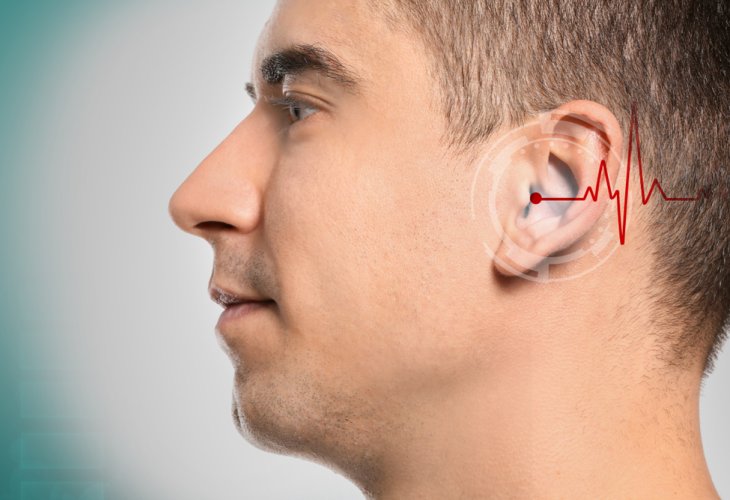Listening Awareness: Which Sounds Will You Miss Most?
In honor of International Hearing Awareness Week, a new survey among individuals with hearing found that a quarter listen to music for 30-60 minutes daily. A third worried about how hearing loss might affect their social relationships.
 (Photo: shutterstock)
(Photo: shutterstock)Currently, about 655,000 people aged 20 and over living in Israel experience some degree of hearing difficulty. Additionally, approximately 130,000 suffer from severe hearing impairments. Furthermore, the number of people with hearing impairments increases with age, and according to data, more than half of those aged 75 and over suffer from hearing loss.
This year, Hearing Day will focus on raising awareness for preventing deafness and hearing loss and promoting actions for hearing rehabilitation. The World Health Organization explains that the economic cost of untreated hearing loss is estimated at $750 billion annually on a global level. This cost includes a high rate of unemployment, increased healthcare and social service expenses, and is higher than the cost of providing hearing aids.
In a special survey conducted by Med-El among hearing individuals ahead of Hearing Day, it was found that 65% of participants stated that if their hearing were affected, they would miss the voices of family members the most. 41% said they would miss the sounds of music and radio. Additionally, 34% noted they would miss the sound of a piano and 19% the sound of a guitar. When asked what worries them most about hearing deterioration, a third of respondents said they feared social isolation, a quarter worried about losing the ability to communicate with their surroundings. Approximately 20% feared being unable to notice dangers such as vehicles on the road.
The survey also revealed that 26% of respondents listen to music for 30-60 minutes a day. 16% enjoy music for 3-5 hours a day.
In recent years, new and advanced technologies have been developed for hearing rehabilitation. Through these technologies, those experiencing hearing loss can hear and actively participate in any setting they are in. However, it is important to remember that adapting and implementing hearing technology is a crucial component in the hearing rehabilitation process, a journey towards improving quality of life.
Hana Sandik is a speech therapist at Medtechnica Orthophon

